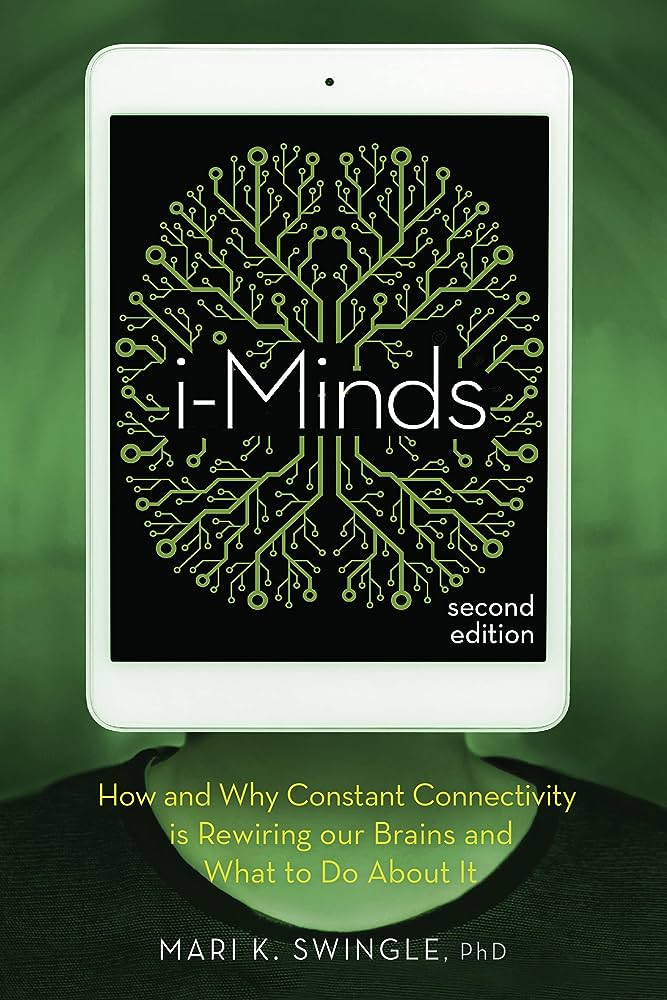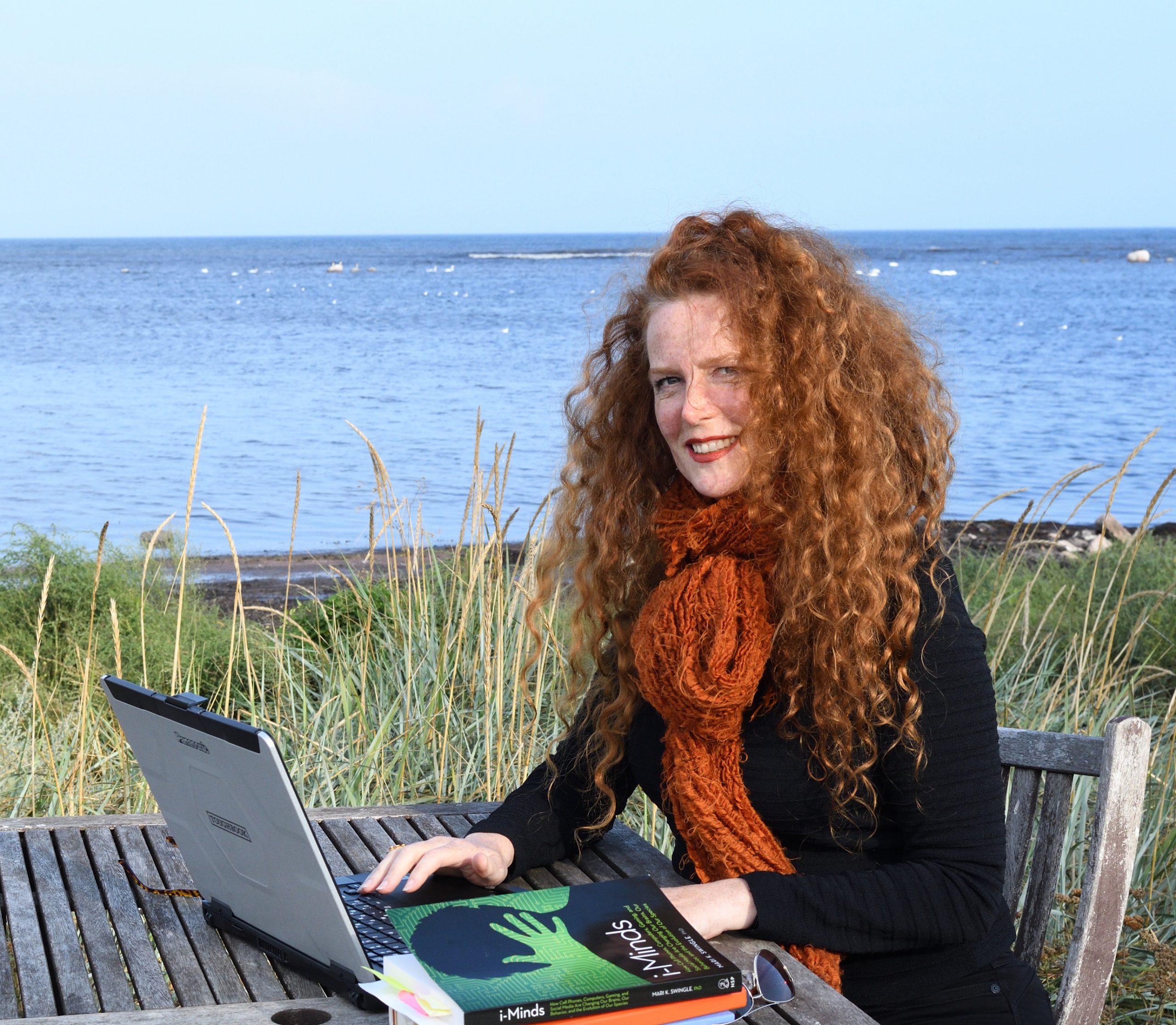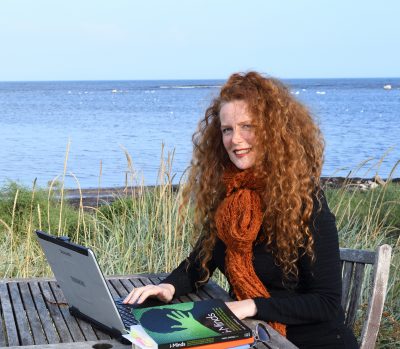


Dr. Mari K. Swingle
PhD, RPsych, BCIA Certified Neurofeedback, Senior Fellow
Quick Facts
- MA & PhD Clinical Psychology (FGU 2013)
- Registered Psychologist #2766 (College of Psychologists of BC)
- Clinical Counselor #3599 RCC/BCACC
- Board Certified in Neurofeedback by the Biofeedback Certification International Alliance (BCIA) 2000,
- BCIA Certified EEG-Neurotherapy Mentor / Trainer
- 2015 Federation of Associations of Brain & Behavioral Sciences (FABBS) Early Career Impact Award for her ‘major research contributions to the sciences of mind, brain and behavior’.
- AAPB Fellow (Association for Applied Psychophysiology & Biofeedback) 2020 ‘for a lifetime of significant contributions to the Association of Applied Psychophysiology and Biofeedback and the Field of Study’.
- Contributing author (equipment and practice standards) for the American Psychology Association (APA) Biofeedback and Neurofeedback Practice standards. Granted 2018-2026.
- International Speaker: public and professional audiences (Canada/US/Europe/Australia)
- Extensive Media Outreach including feature interviews on CBC, ABC, CTV, BT, City TV, Global News, Globe & Mail, National Post, Montréal Gazette, and Toronto Star
- Award winning author (2 books & multiple articles)
- Complementary Certifications (brief list): Autism Assessment (ADI-R & ADOS) 2017 / Parent-Infant Mental Health (E. Tronick & T. Field), 2008 / EMDR (EMDERIA approved) Level 1 & 2, 2002, / Cranial Sacral Therapy (Upledger Institute) Level 1, 2001 / Hypnosis 2000
- MA Education (UBC 1997)
- Teacher Certification (UBC 1996)
- BA Ottawa University (1987)
- Biofeedback Certification International Alliance (BCIA) Associate Fellow 2005
- BCIA Fellow 2010
- BCIA Senior Fellow 2017
- AAPB Board of Directors 2017-2019
- Champion of responsible practice
Bio
Dr Mari Swingle, current Director of the Swingle Clinic is a practicing therapist, researcher, consultant, BCIA certified mentor / trainer, author, and international speaker. In her work she combines extensive experience from both the worlds of Education and Clinical Psychology.
Prior to the founding of Swingle Clinic (1997), Dr Mari Swingle worked extensively in Curriculum Development, Language Acquisition, and the exploration of learning modalities to enhance accelerated and remedial learning. In the early 2000’s Dr Mari Swingle crossed over fully to clinical work, focusing on the role of neurophysiology in learning, behaviour, interpersonal & family dynamics, and mental health.
Along with Dr Swingle Senior (now retired) from 1997 to 2016 Mari Swingle propagated Neurotherapy practice, research and development applying highly individualistic methods including the Swingle ClinicalQ and Braindriving. Under her specific branch (Peak Learning) the methods were consistently honed to target underlying brain inefficiencies involved in specific behavioural and learning disorders.
From 2017 to 2020 Dr Mari Swingle took a leave from the Swingle Clinic exploring / practicing more traditional methods at ABLE Clinic (West Vancouver), writing the second edition of i-Minds (a whopping 531 pages!), embarked on international speaking tours, and served on the Board of Directors of the AAPB wherein her primary mandate was to construct clear equipment and practitioner standards for Neurofeedback. A key point of pride is her contribution to Biofeedback and Applied Psychophysiology (aka Neurotherapy / Brainbiofeedback) being reinstated and recognized as a specific proficiency in professional psychology by the American Psychological Association. (Specific proficiency status was granted by the APA for the period 2019–2026).
Today, Dr Mari Swingle is back on the Swingle Clinic floor September to June* working with a wide range of neurophysiological ailments including Anxiety, Depression, Trauma, Obsessive-Compulsive Disorder(s), Addiction and Non-Clinical Peak Performance. She is further well known for her work with children and families experiencing behavioral and learning difficulties including but not limited to, ADHD, Dyslexia, Processing, Written Output, Speech and Auditory Disorders, Defiance and Conduct Disorders. Dr Mari Swingle also works directly with the dynamics that often arise in families with a child experiencing Learning and / or Behavioral Challenges including Parental Fatigue, Depression, Anxiety, Addictions, and Couple/Parental Dynamics. She works with multiple family members on common goals which may include Family and / or parental Counseling and Couples Therapy.
Research & Practice Specialties: About the turn of the millennium, Dr Mari Swingle started noting an emergent trend of what she now terms i-tech interference; wherein a growing number of her clients appeared to be negatively affected by excessive or otherwise non-complementary use of interactive screen-based technologies. She was finding that many symptoms (e.g., attention, behavioural and scholastic difficulties), for which clients were seeking her services appeared to be exacerbated, if not caused, by excessive or otherwise inappropriate applications. From the regularization of gaming and constant work connectivity, to increasing on-line pornography consumption, and obsessive following / searching, there were notable global shifts in society and social behavior as well as marked socio-emotional and developmental effects in children.
These early observations became her primary focus in her doctoral studies, later bifurcating her interests and re-directing her to both clinical and archival research leading to the presentation / publication of empirical studies/papers, authorship of two books (i-Minds and i-Minds 2.0), active intervention strategies, and countless presentations to local and international audiences on the effects of screen-based technologies on the brain and behaviour. (For more information on Dr Mari Swingle’s i-Minds work see: http://www.drmariswingle.com/
As a biproduct of her Doctoral studies, 2013, Dr Mari Swingle discovered a specific morphological characteristic of the Alpha brainwave directly associated with excessive exposure to interactive screen technologies. She now extensively studies / researches the role of Alpha brainwaves (morphological and amplitude variation) in multiple expressions of brain deregulation including brain injury, dissociation disorders, brain-body illness, and lasting effects of marijuana on the brain. She is now recognized as a known expert on the effects of i-technology (screen-based devices), targeted Neurotherapeutic Assessment and Treatment for a vast array of ailments, and a champion of responsible practice in the burgeoning field of EEG (Neurotherapy).
Therapeutic Approach: Scientific, Compassionate and Action Oriented. Dr Mari Swingle is known for her straight shooting and direct approach. She looks first to the brain (brain efficiencies & inefficiencies as per electroencephalography / EEG brain mapping) and then to the environment (social, family, school / work) to target specific reported symptoms. When appropriate, and / or to complement or expediate symptom alleviation, she pairs Neurotherapy (brain-training) with individual, couples, parental & family counselling and other and hands on approaches.
Why so direct? In her work as an educator, therapist / counsellor and psychologist, Dr Mari Swingle has found that most people do not seek assistance when symptoms, difficulties or disquiet first appear. Most people (individuals, partners, families, adults, and children) have been sitting in some form of emotional or mental pain, disfunction, disquiet, or confusion for a while before they seek outside assistance. She respects that this is not a pleasant or efficient place to be, that it took courage to seek help, and that clients often benefit from the quickest and most efficient path out.
This requires a broad lens, and thereafter a very targeted approach to treatment. Targeted treatment: Dr Mari Swingle is good-humouredly known as a KIS therapist –Keep it Simple. She asks: What are the symptoms? Explores How and Why they are manifesting, and most importantly, if/are you ready to do the work? She then constructs a treatment map away from your symptoms.
Dr Mari Swingle often looks for the simplest and most direct therapeutic solution first, because over 80% of the time it works (and is all that is needed). To this end she frequently explores cause before diagnoses. For example, with school children she will explore the contribution of missed learning phases, variation in developmental stages, sleep deprivation, environmental contributions, anxiety and the efficacy of learning strategies –and then attack them head on with brain training and specific scholastic tasking — before assigning LD designation or ADHD diagnosis.
 *Mid Summer through late August Dr Mari Swingle takes frequent breaks dedicated to rest and writing. She is known to practice what she preaches fully detaching from the wired world writing up her research, crafting both editions of i-Minds, organizing future presentations and articles to the sound of bleating cows, water, wind and birdsong with family and friends on an isolated outpost in the Baltic Sea.
*Mid Summer through late August Dr Mari Swingle takes frequent breaks dedicated to rest and writing. She is known to practice what she preaches fully detaching from the wired world writing up her research, crafting both editions of i-Minds, organizing future presentations and articles to the sound of bleating cows, water, wind and birdsong with family and friends on an isolated outpost in the Baltic Sea.

